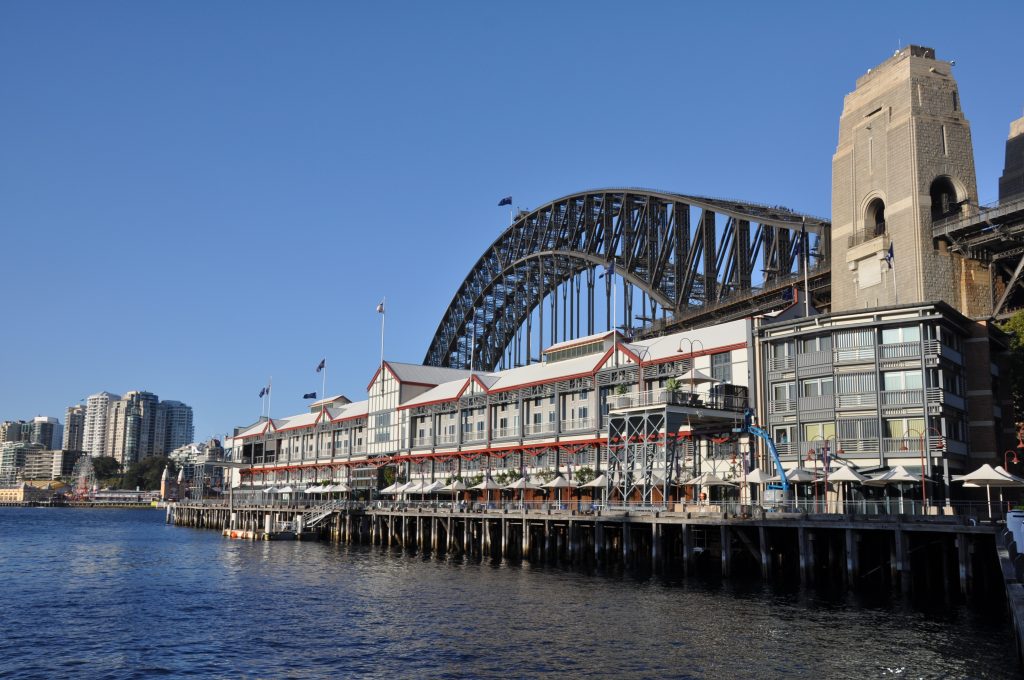The ACCC has announced two internet sweeps to identify misleading environmental and sustainability marketing claims and fake or misleading online business reviews and a separate sweep to target fake or misleading online reviews and testimonials.
In brief
The ACCC announced, on 4 October 2022, that it will conduct two sweeps over the coming weeks to identify ‘greenwashing’ claims. The sweeps are being conducted as part of the ACCC’s compliance and enforcement priorities for 2022-23 announced earlier this year, with the broad aim of identifying deceptive advertising and marketing practices related to the environment and sustainability.
At least 200 company websites will be reviewed by the ACCC in a variety of industry sectors, including energy, vehicles, household products and appliances, food and drink packaging, cosmetics, clothing and footwear. The ACCC has indicated that where it identifies that consumers are being misled or deceived by green claims that it won’t hesitate to take enforcement action.
At the same time the ACCC will also be conducting a separate sweep of internet reviews and testimonials focusing on deceptive practices in the digital marketplace. The ACCC has stated that the sweep will target fake or misleading reviews posted to business’ websites, Facebook pages and third-party review platforms.
Recommended actions
The ACCC has announced a broad sweep of a variety of sectors. Companies should review representations made by them online to ensure that any representations, particularly in relation to the environment or sustainability, are accurate, honest and can be substantiated. For example, this could include claims as to the environmentally friendly nature, characteristics or properties of products supplied by the company or about sustainable practices of a company or the services it supplies (including claims of carbon neutrality or increased circularity).
In terms of substantiating claims, ACCC Deputy Chair Delia Rickard noted in a speech in September this year that it is important that businesses can back up the environmental claims they are making “whether through reliable scientific reports, transparent supply chain information, reputable third-party certification, or other forms of evidence”.
If contacted by the ACCC, participants should carefully consider their responses and ensure that any information provided to the ACCC is accurate.







